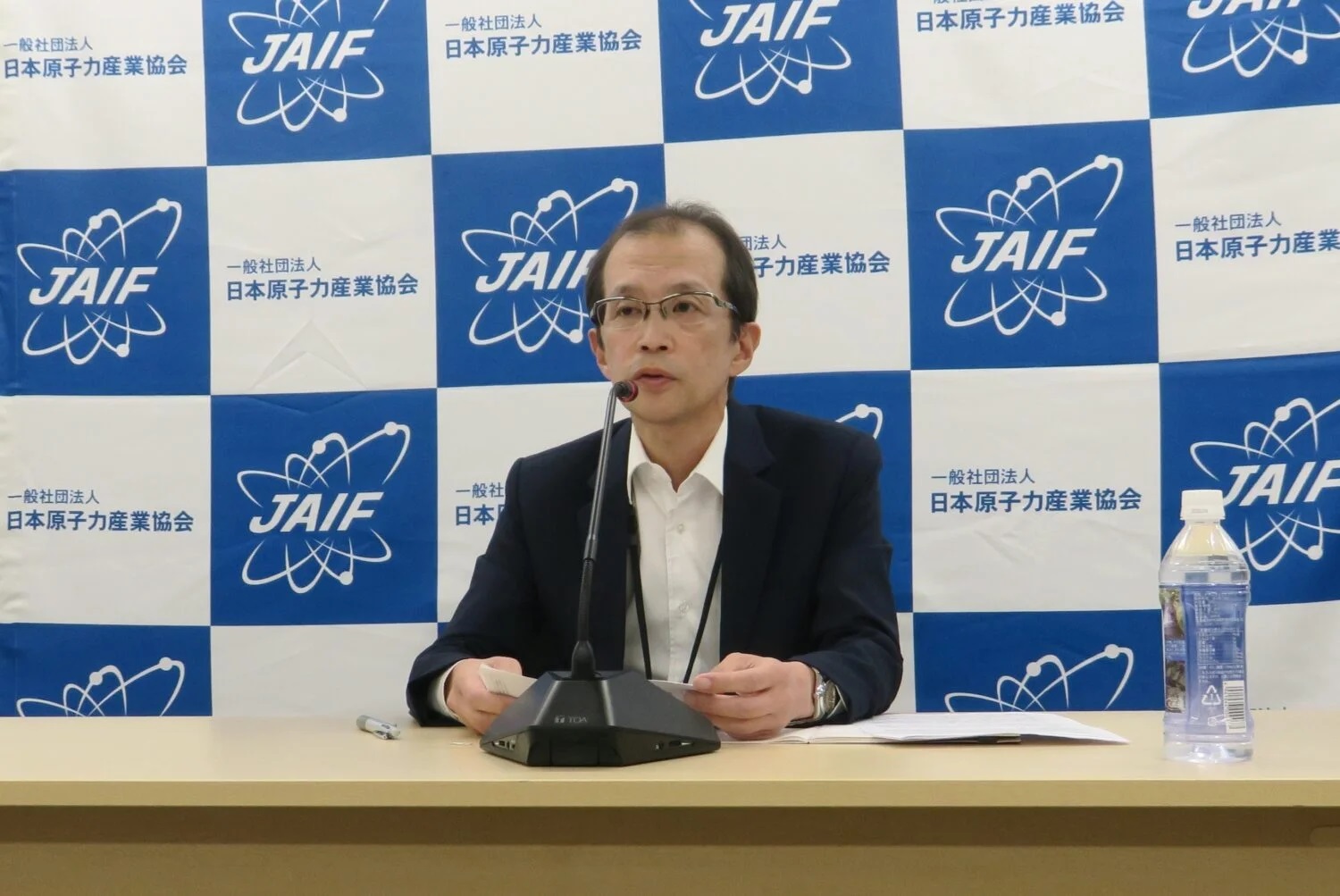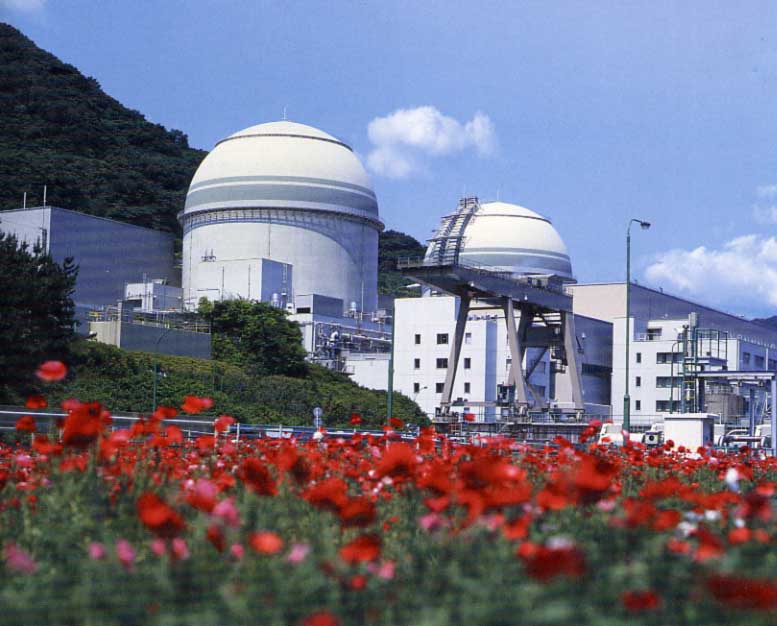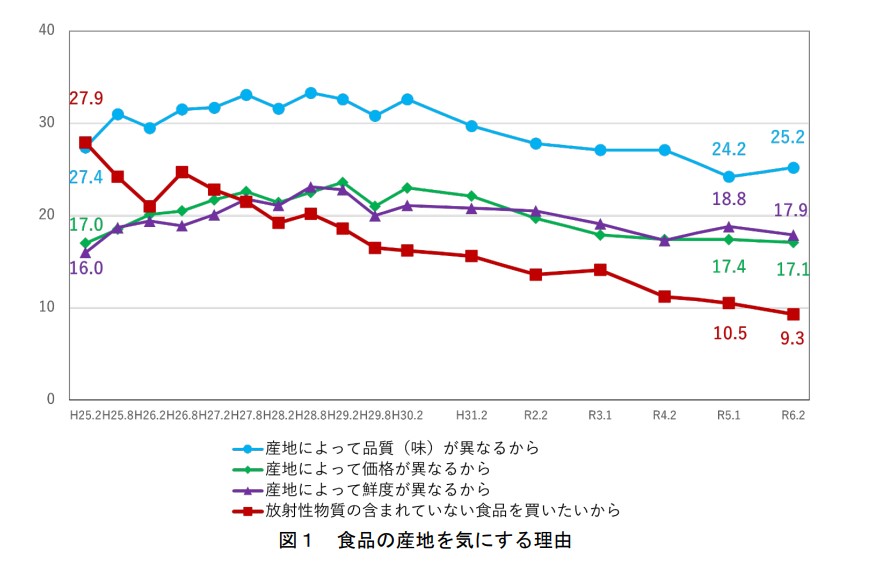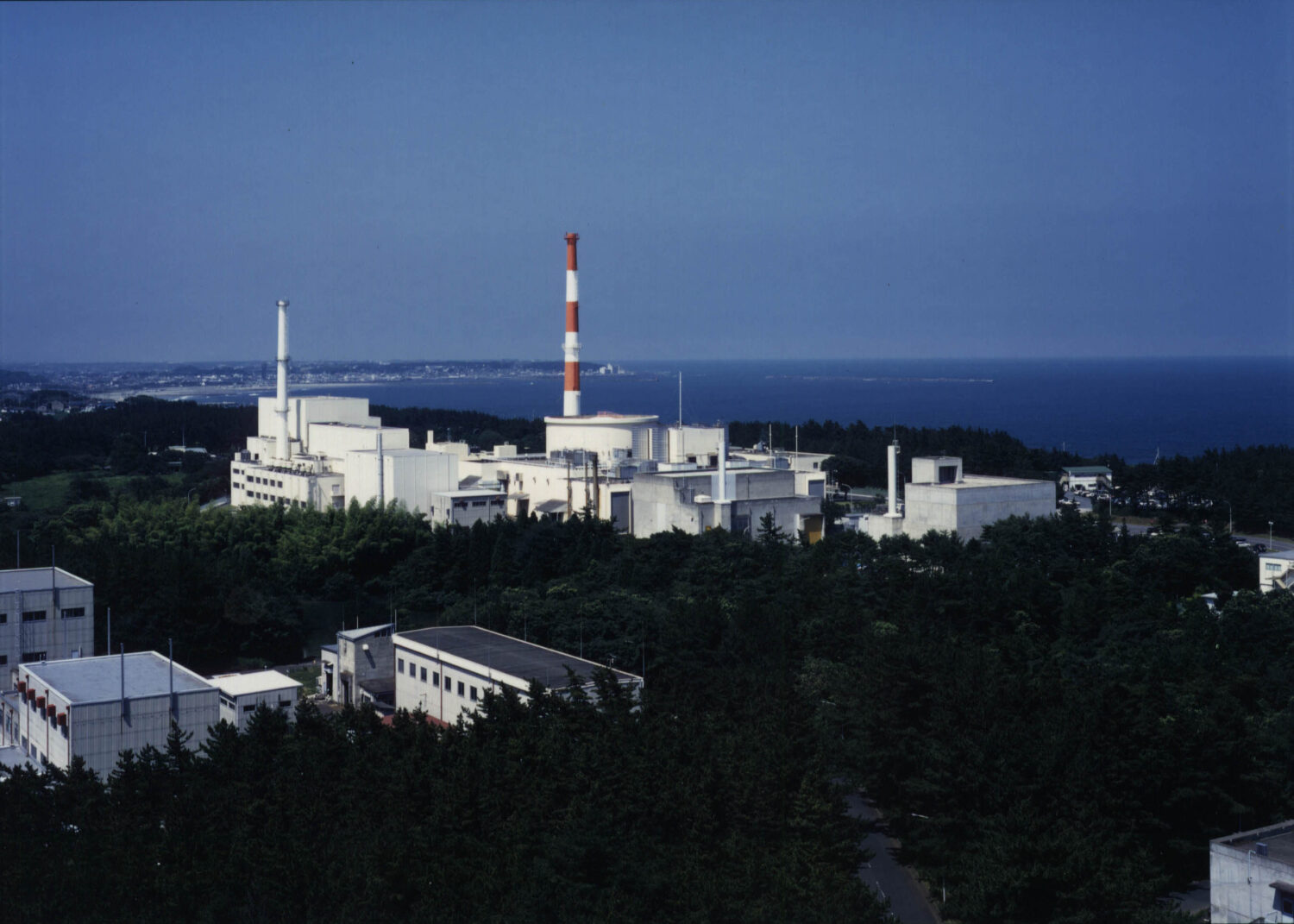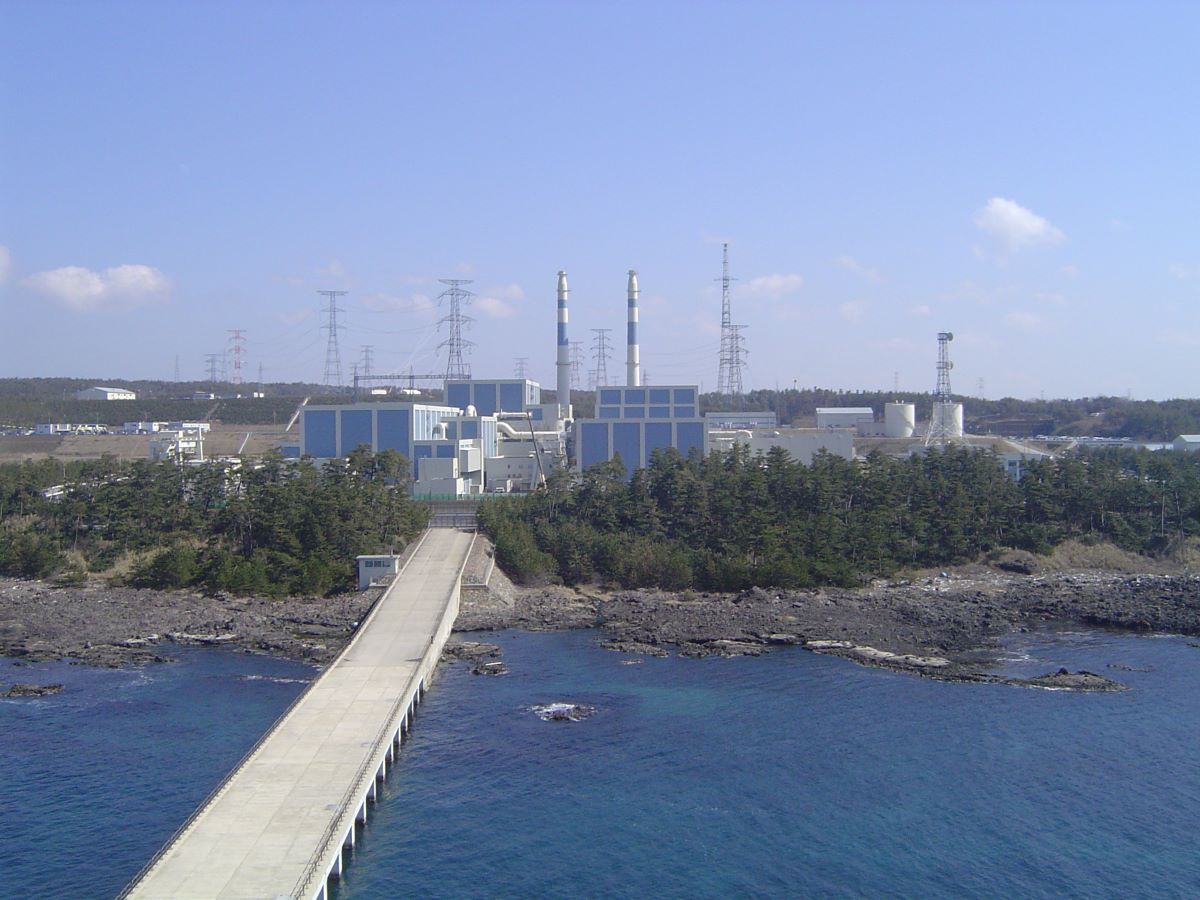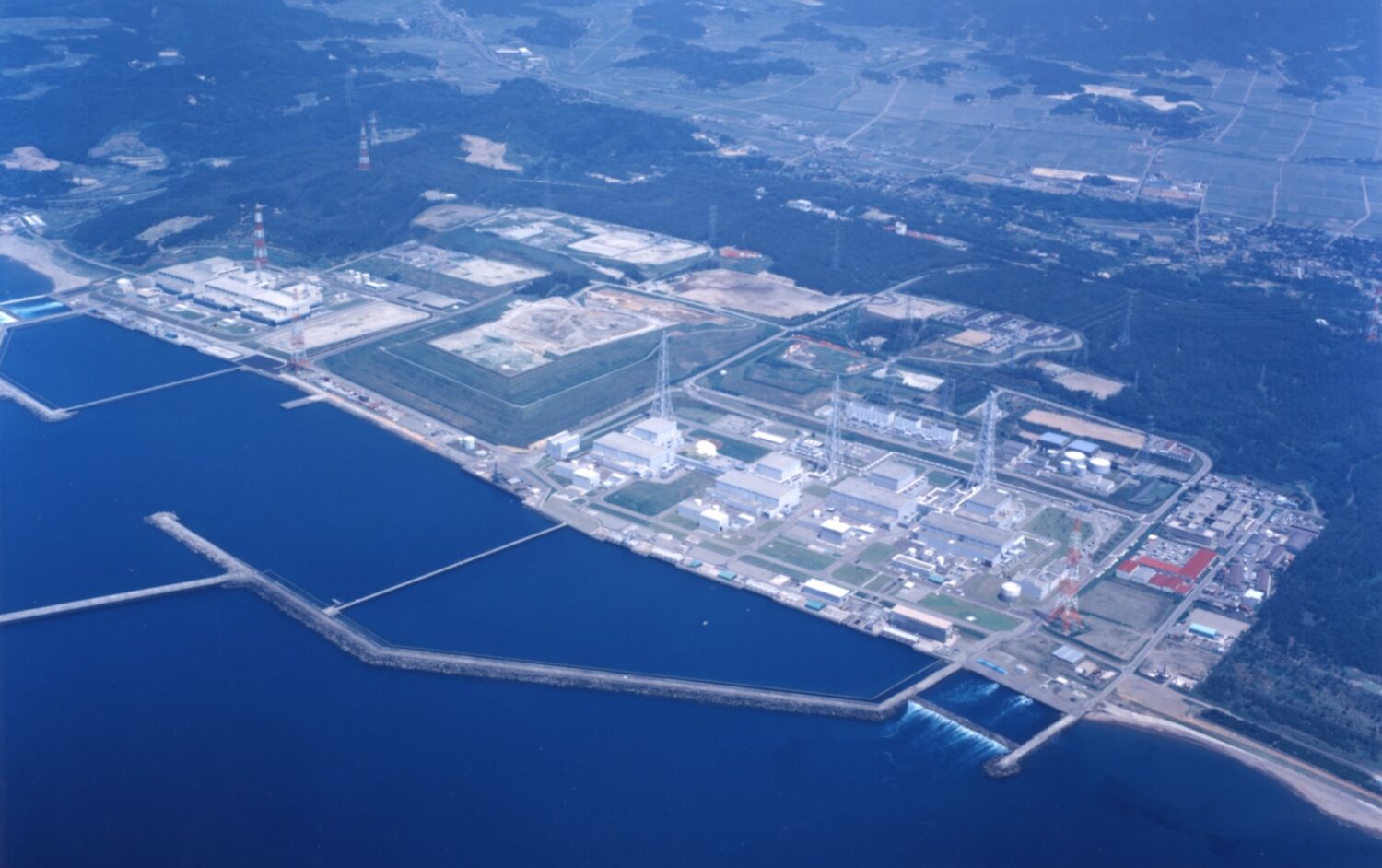In the meeting between the two leaders, both governments agreed to a visit by a South Korean delegation to the Fukushima Daiichi for the purpose of enhancing understanding in South Korea about the handling of ALPS-treated water: namely, the water from, and stored at, Fukushima Daiichi that has been treated by the Advanced Liquid Processing System (ALPS) to purify it of radioactive substances other than tritium to levels below the regulatory standards.
Nishimura spoke on the matter as follows: “The offshore release of the ALPS-treated water is needed partly because the storage tanks will soon be full. Installation work is being carried out on facilities to release the water, while reviews by the IAEA have been accepted and safety is being ensured.”
He reiterated the Japanese government’s stance on endeavoring to explain the situation to other countries and regions. Regarding the visit of a South Korean delegation to Japan, he said that the two countries were making adjustments based on the common premise of the IAEA’s efforts. He said that the government would thoroughly explain to the delegation what it was seeing at the site. Through the visit, he said, the safety of the offshore release of the water would be better understood in South Korea.
Five reports have been made public regarding the safety review of the ALPS-treated water by the IAEA, including its most recent regulatory review on May 4, and a comprehensive report is expected to be released in the first half of this year.
Meanwhile, speaking on the dangerous and unpredictable situation involving Russian military threats to nuclear power plants in Ukraine, Nishimura stressed that indiscriminate endangering of civilians had never been acceptable under the Geneva Conventions, and that METI had contributed 2 million euros to the IAEA to support the securing of the safety of nuclear facilities in Ukraine. He also noted that the joint communiqué adopted at the G7 Ministers’ Meeting on Climate, Energy and Environment in Sapporo (April 15 and 16) emphasized the significance of nuclear safety and energy security.
Referring to his visits to eight European countries from April 29 through May 8, the METI minister said that he had urged relevant ministers in the Czech Republic, Poland and Romania to “strengthen supply chains among like-minded countries with a common sense of values.”
Nishimura also said that in France, he had conferred with Agnès Pannier-Runacher, French Minister of Energy Transition, and signed a joint statement focusing on such matters as the long-term operation of existing nuclear reactors, decommissioning at the Fukushima Daiichi, assistance to newly emerging nations, and R&D on next-generation advanced reactors.
In the Czech Republic, Nishimura signed a memorandum with Jozef SIKELA, Minister of Industry and Trade, toward strengthening nuclear cooperation between the two countries. Based on the joint communiqué adopted at the G7 Ministers’ Meeting on Climate, Energy and Environment in Sapporo, Japan and the Czech Republic recognize the importance of cooperation as “like-minded countries with a common sense of values” and “countries choosing to use of nuclear power.” The memorandum included cooperation for the development of small modular reactors (SMRs).




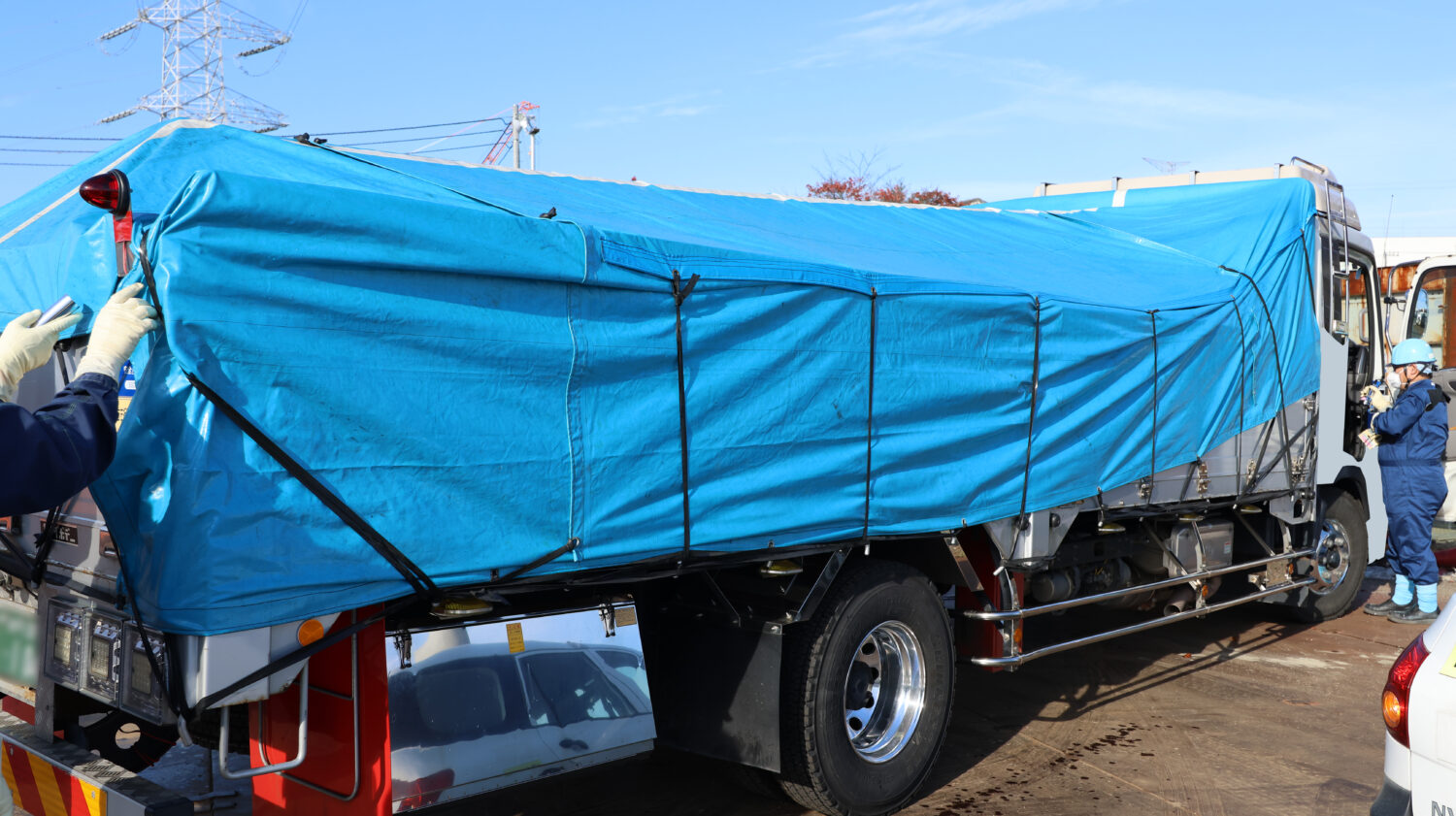
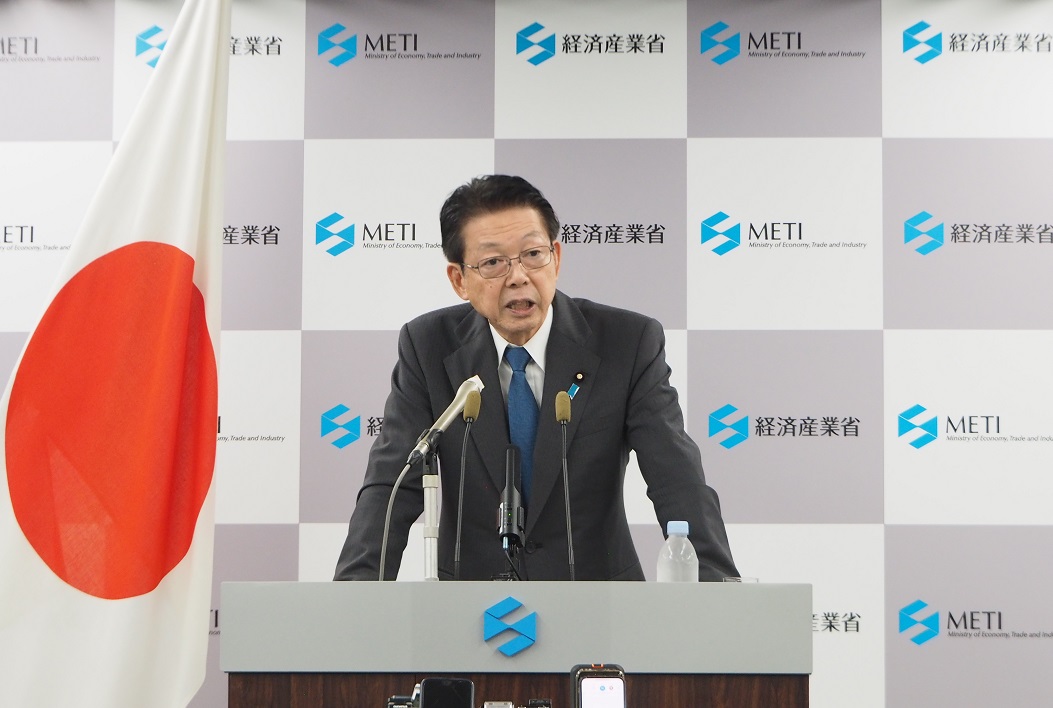
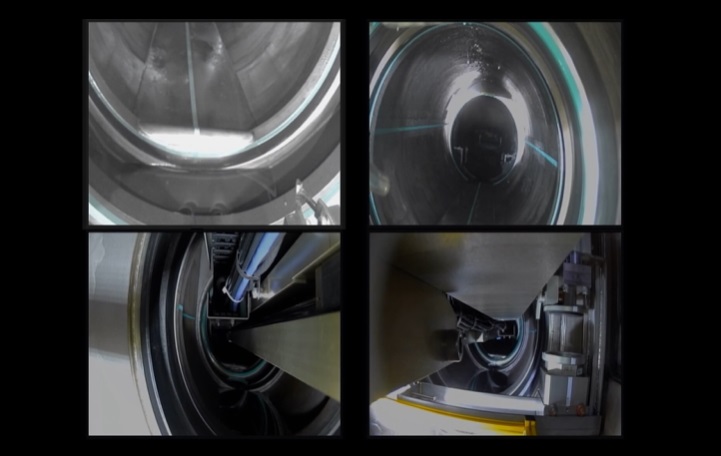
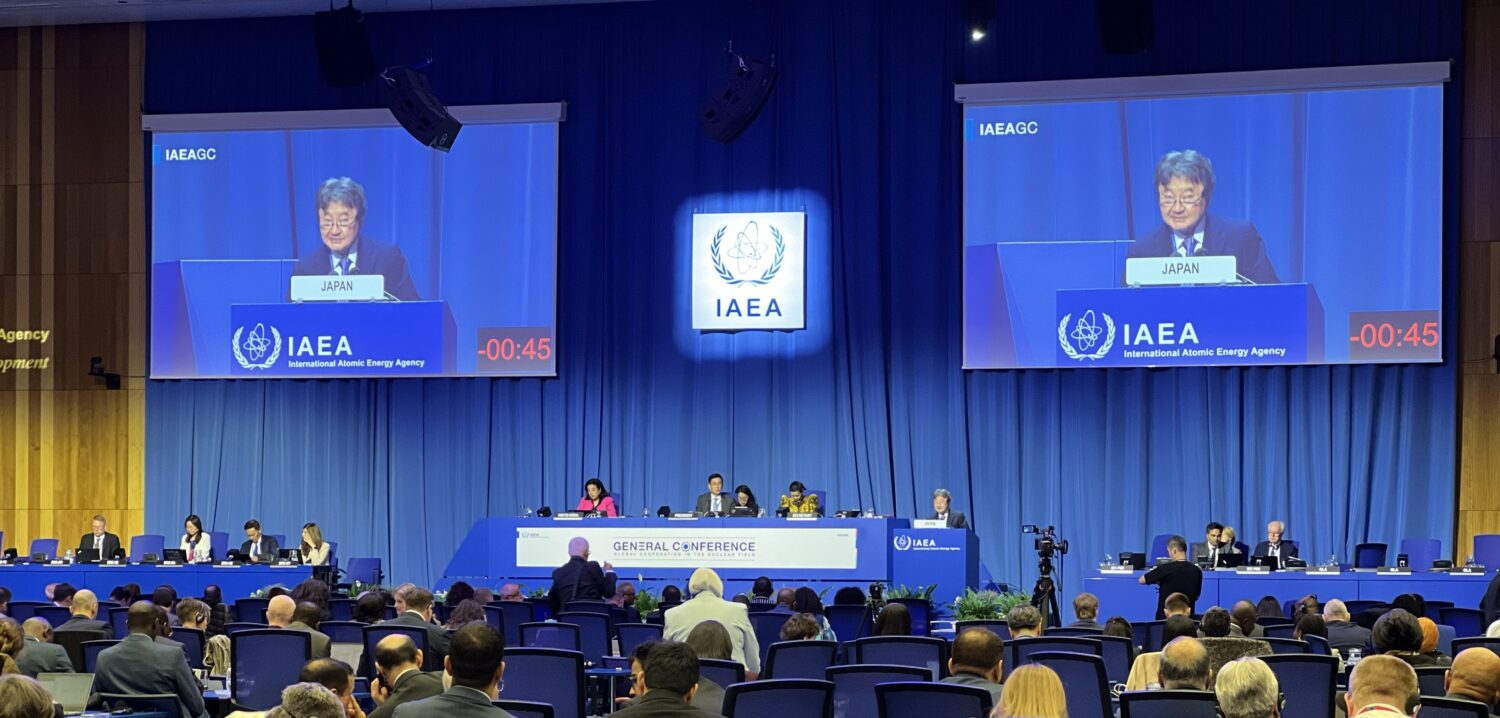
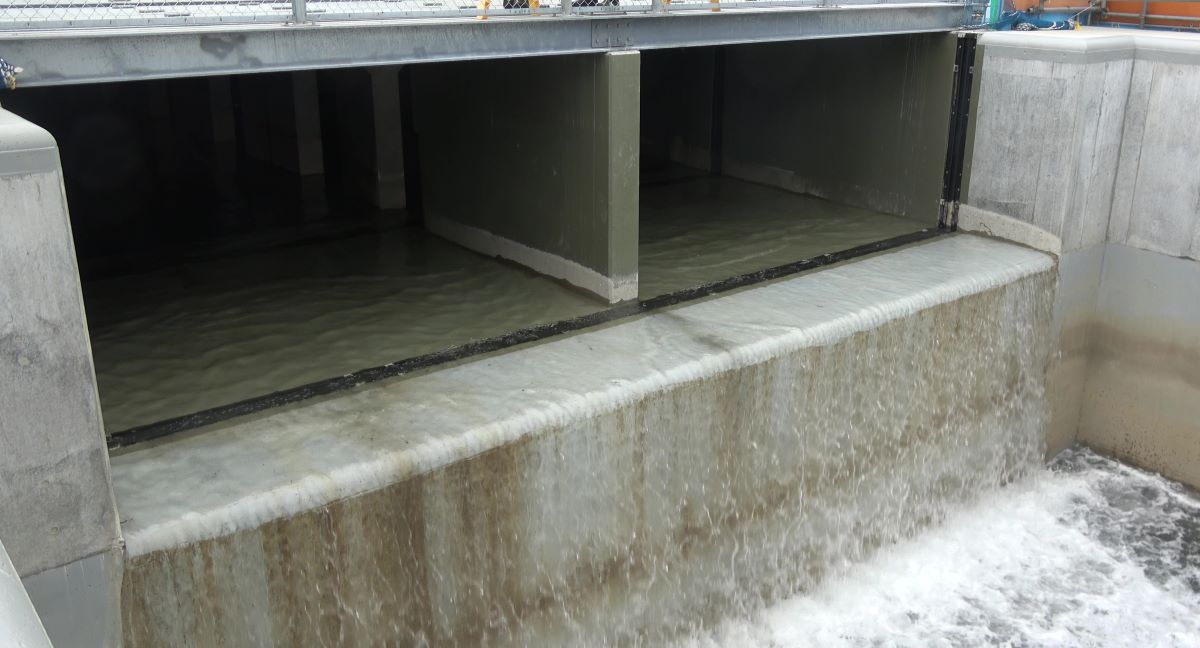
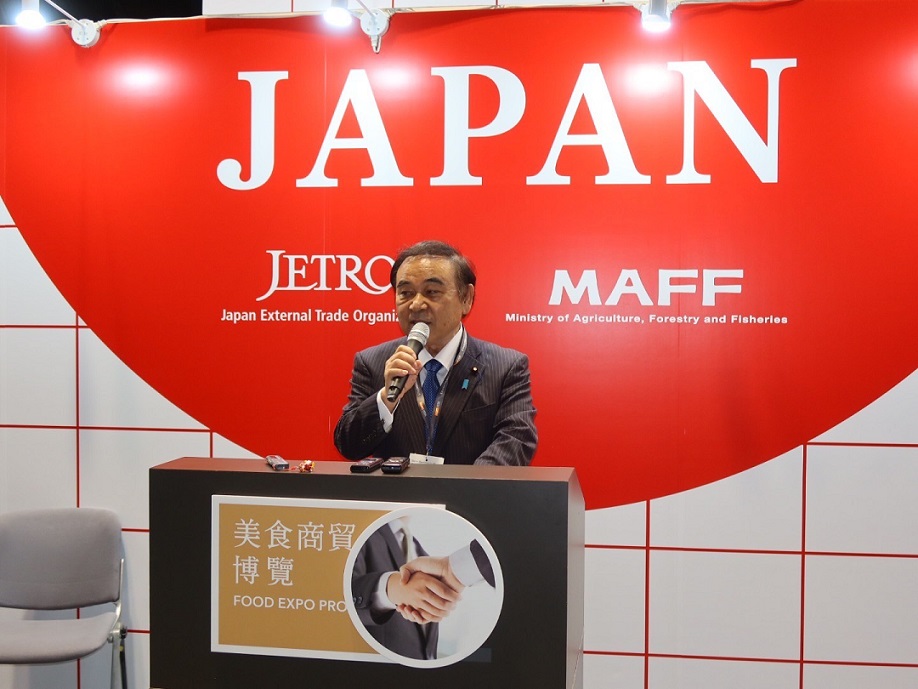
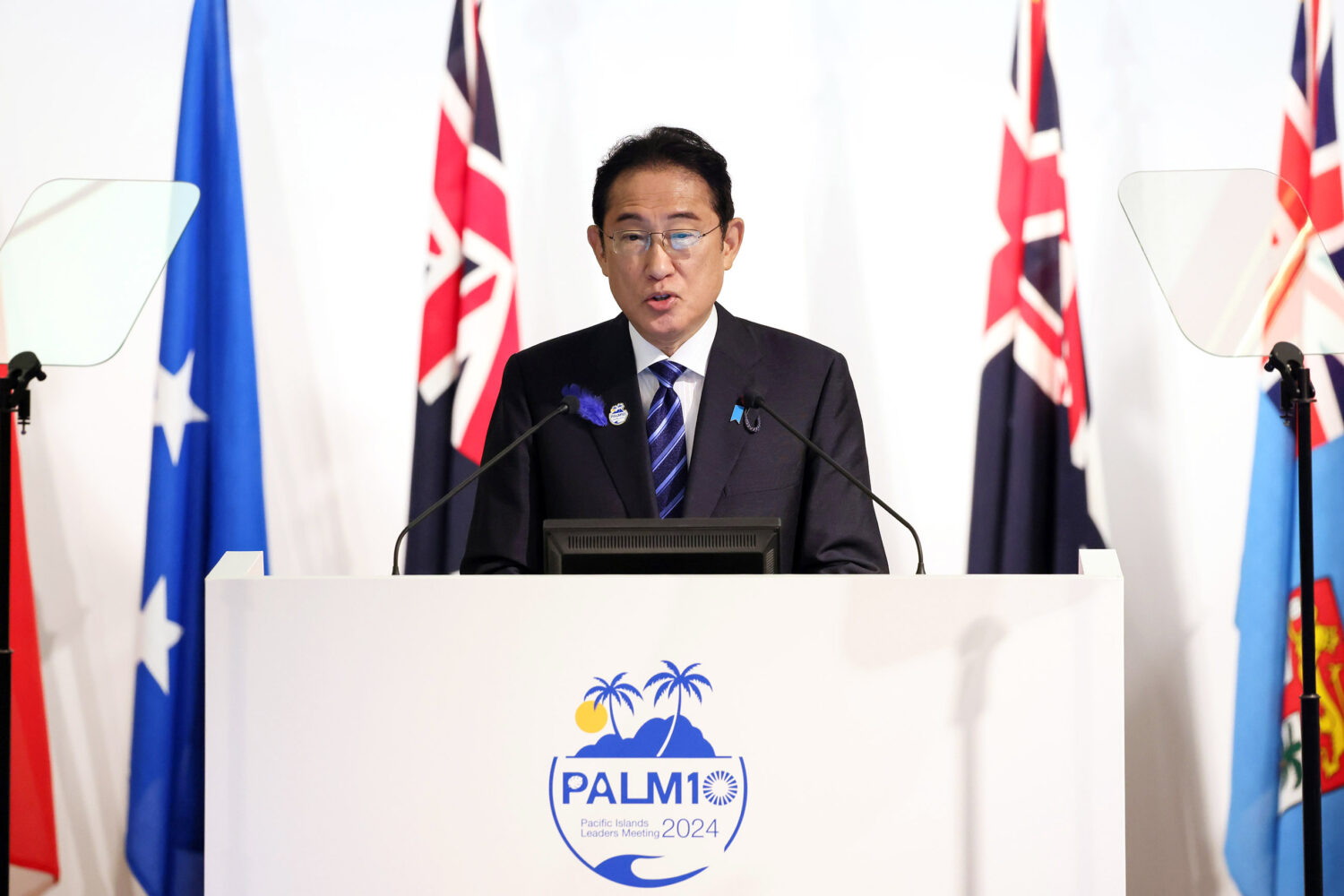

-1.png)

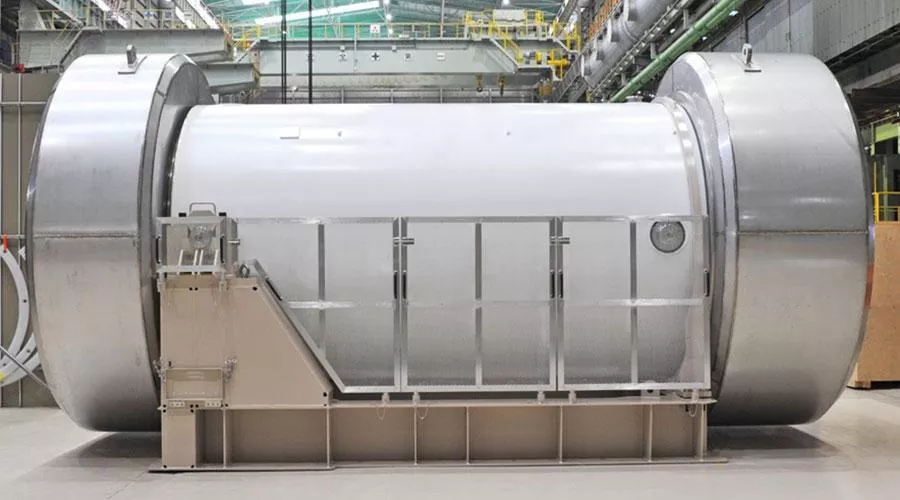
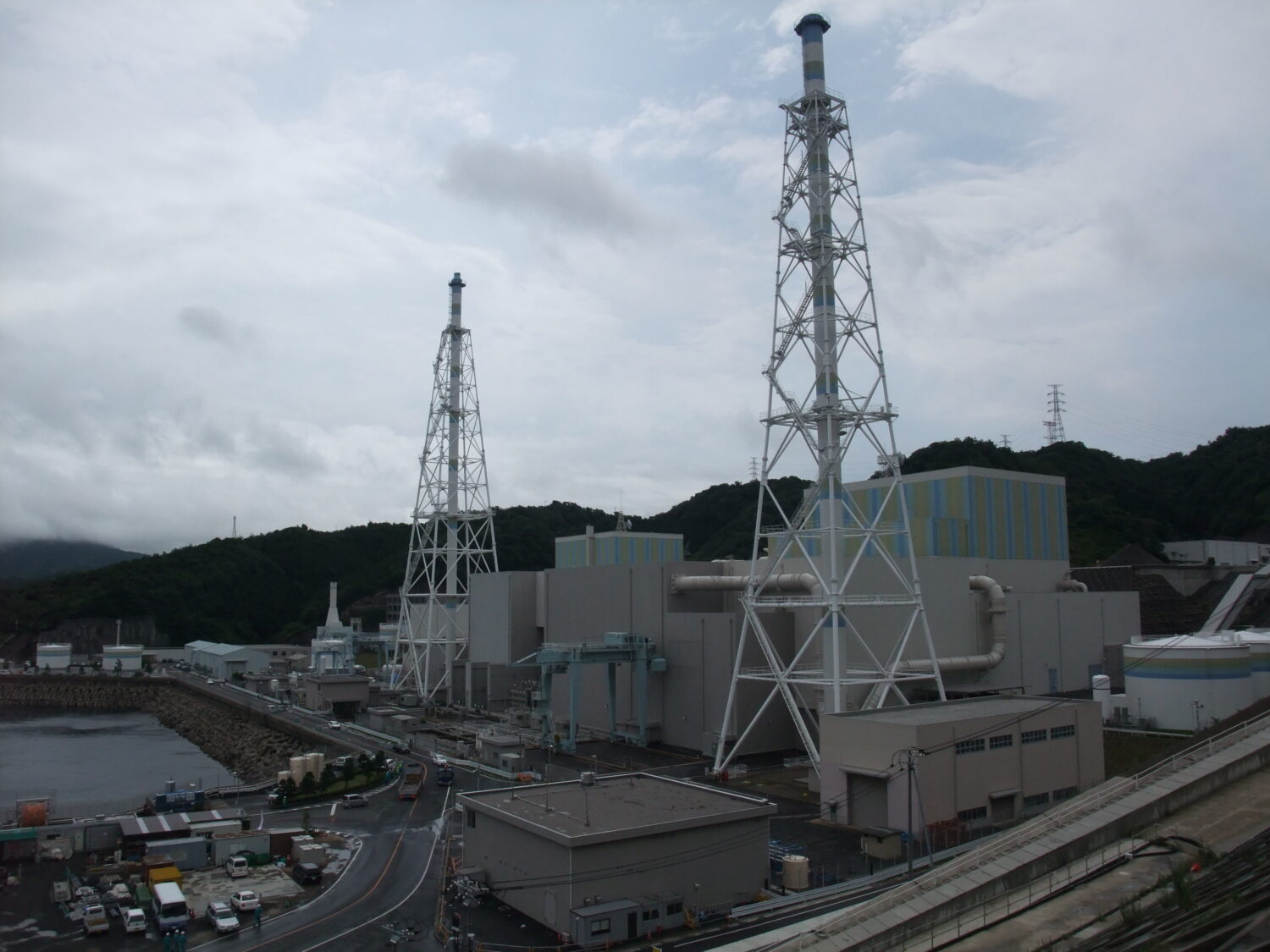

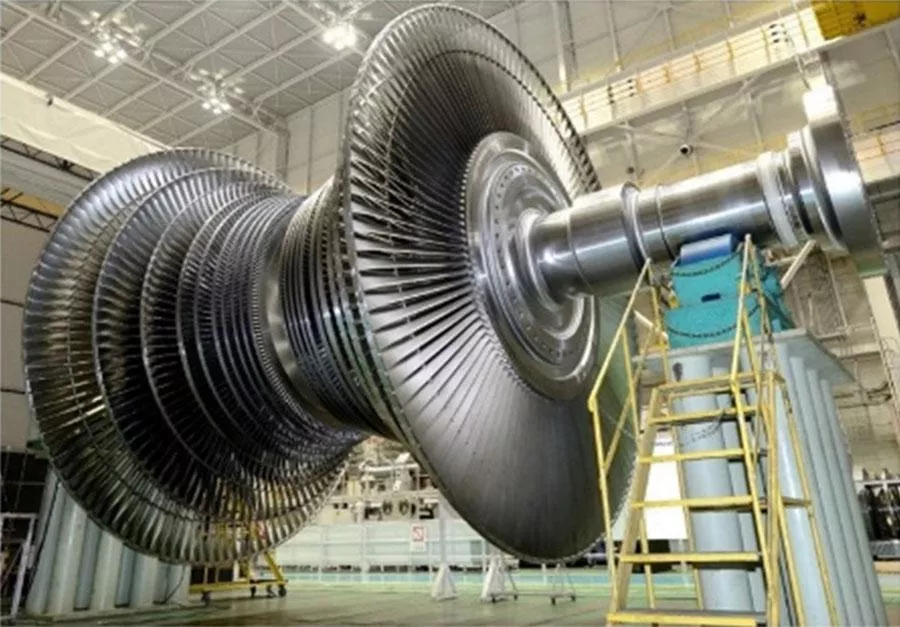

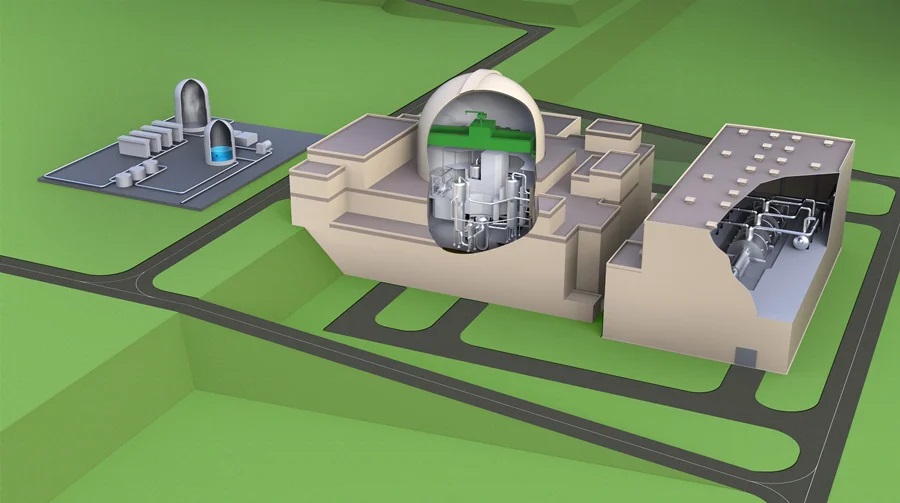
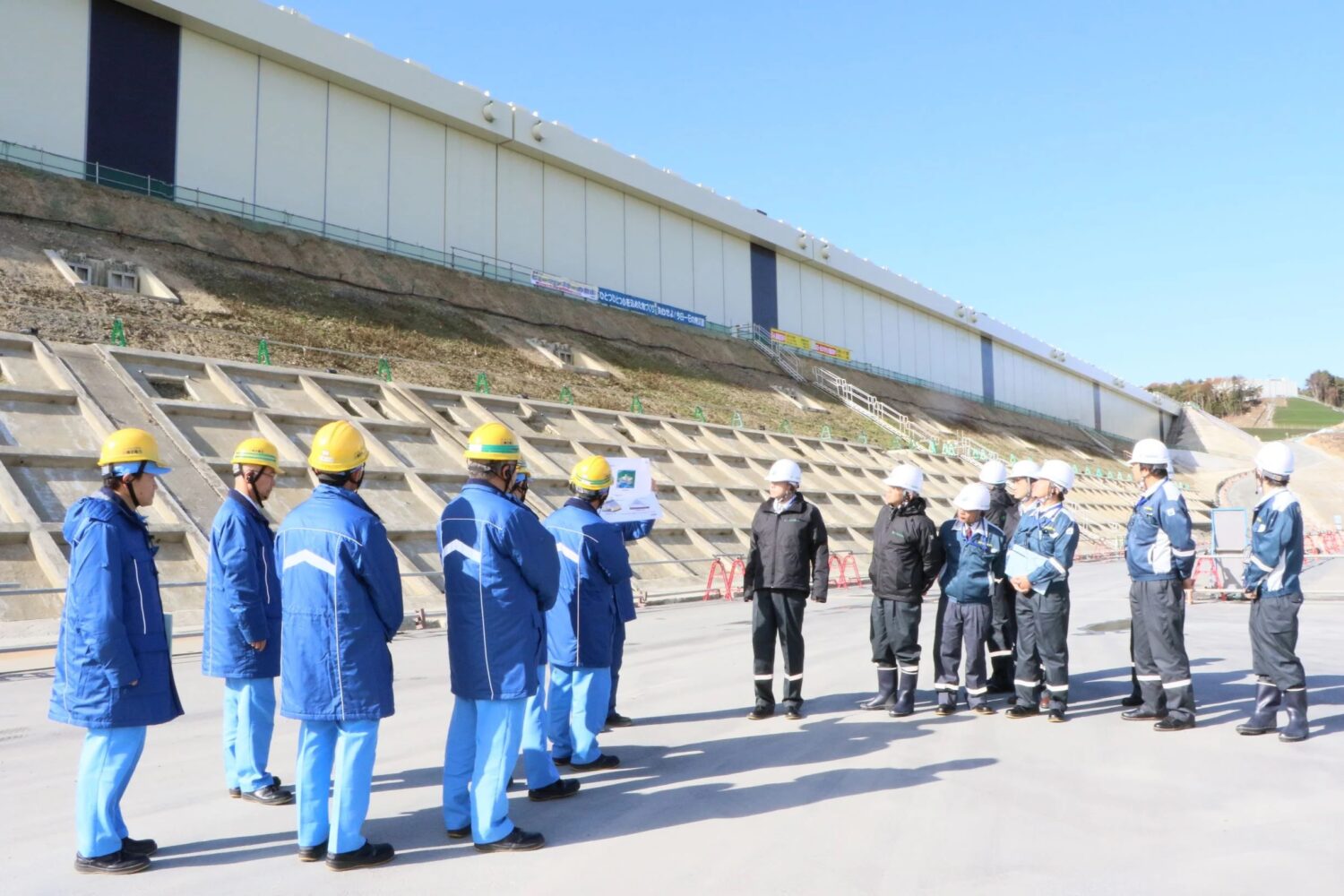
.jpg)

